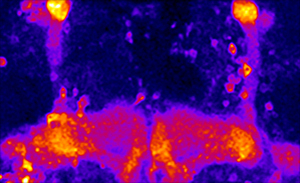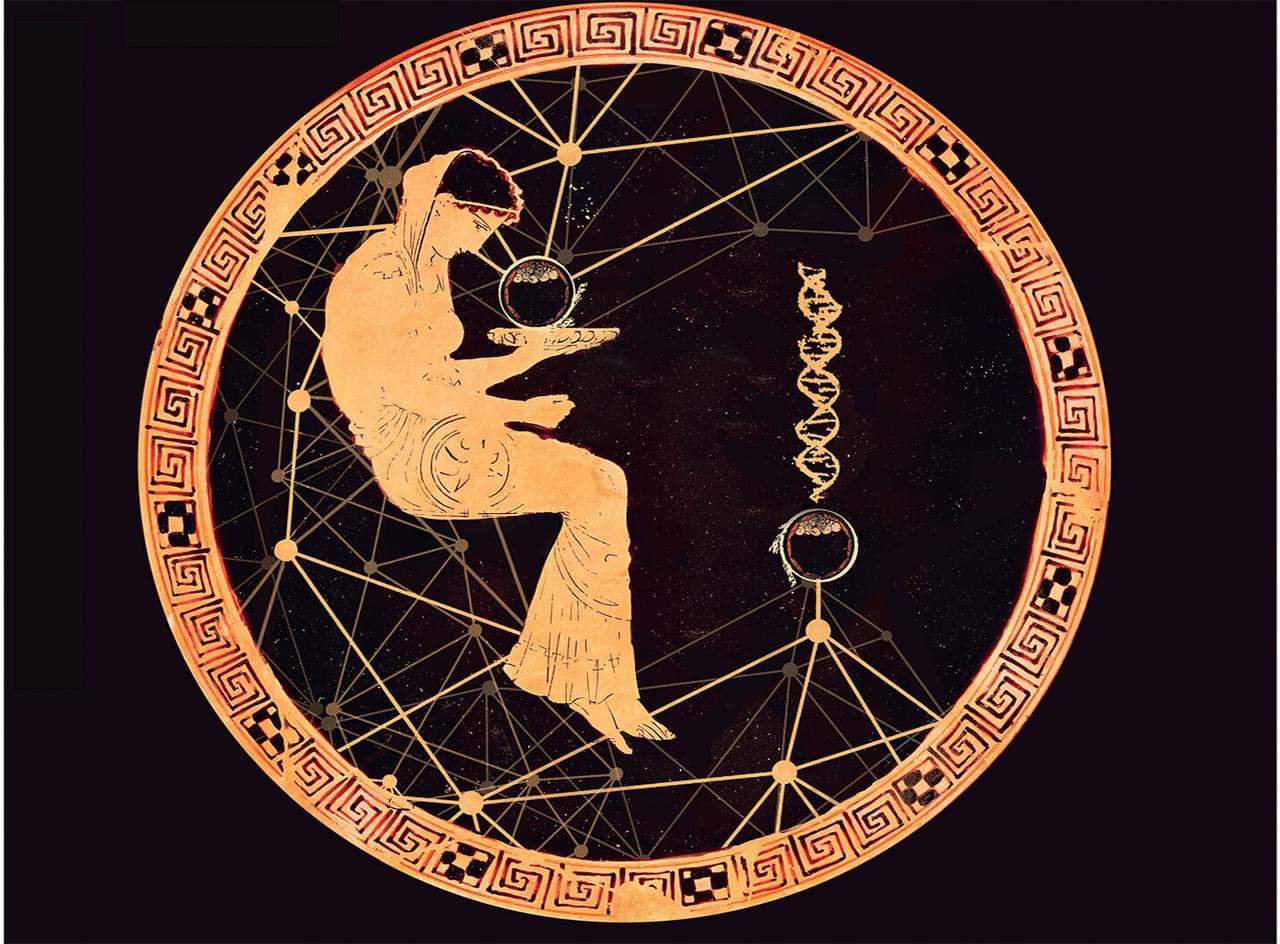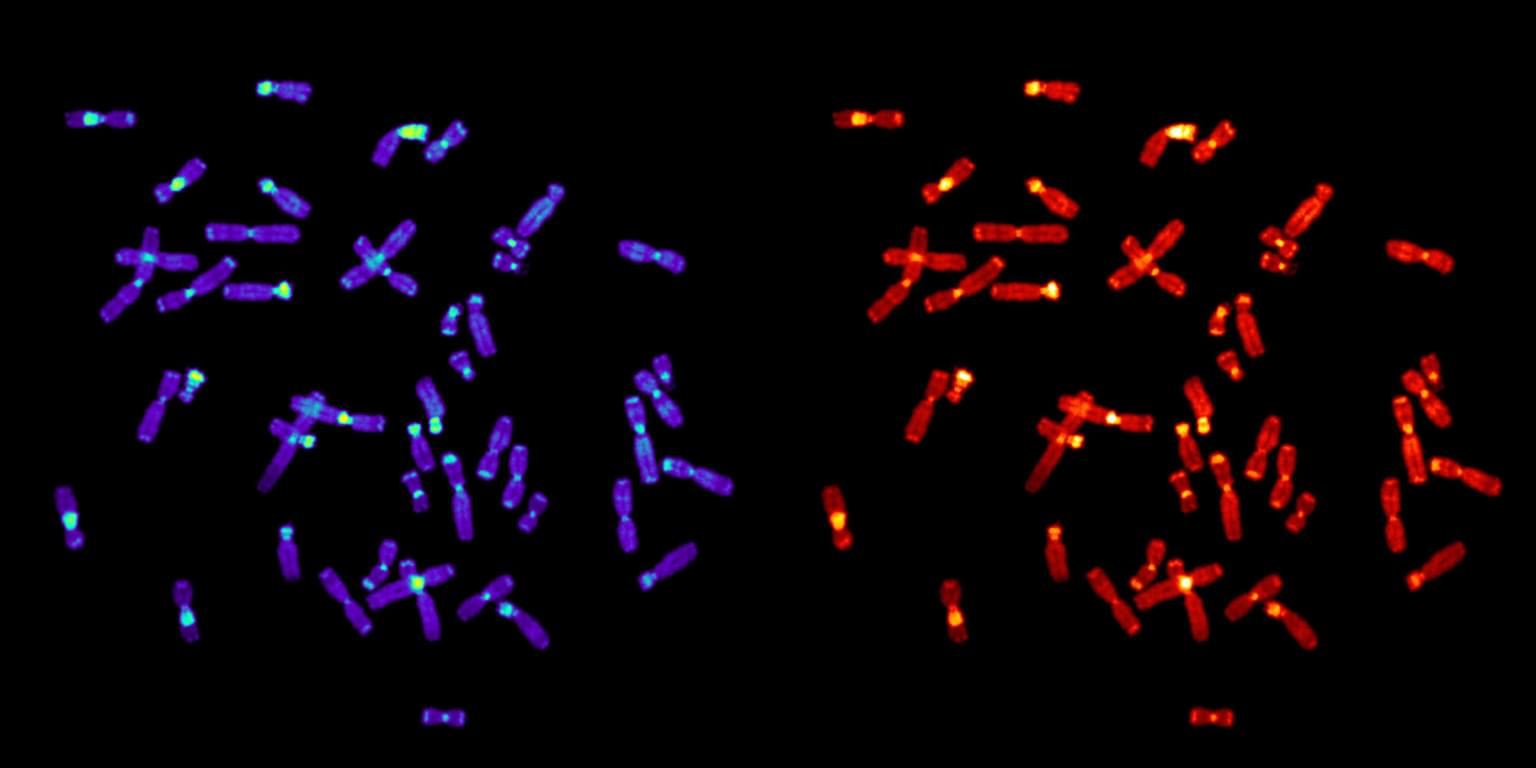News
11 April 2025
Road to Research: Q&A with Alex Garruss, Ph.D., Jim and Virginia Stowers Fellow
“There are few rewards as powerful and as elevating as making a clear, robust scientific observation that advances the field.”
Read Article
Podcast
KCUR 89.3, the local NPR affiliate in Kansas City, recently hosted Stowers Investigator Kausik Si, PhD, on the morning news program “Up to Date.”

Stowers Investigator Kausik Si, PhD
KCUR 89.3, the local NPR affiliate in Kansas City, recently hosted Stowers Investigator Kausik Si, PhD, on the morning news program “Up to Date.”

Kausik discussed his research which centers around how memories are made and how they withstand time. He discussed how his findings go against the grain, and could offer new perspective and opportunity regarding how scientists work to investigate Alzheimer’s disease.
Below is an excerpt from the article from KCUR.
A Stowers Institute researcher intent on learning how our brains work found that proteins can have more than one effect on what we remember.
Kausik Si, who has a doctorate in molecular biology, oversees a lab at the Stowers Institute that works to understand how some experiences can change behavior while others do not.
Si's team took a deep dive into how memory works and made a surprising discovery about the role of proteins in our brains.
Amyloid proteins are the source of plaques associated with Alzheimer's disease. Si's lab has found that proteins can also create structures that help form and stabilize long-term memories.
If you’d like to listen to Kausik’s full appearance on “Up to Date” click here.
News
11 April 2025
“There are few rewards as powerful and as elevating as making a clear, robust scientific observation that advances the field.”
Read Article
News

09 April 2025
New study shows how we can better learn our genome’s hidden grammar, potentially paving the way for personalized medicine.
Read Article
News

09 April 2025
The multi-institutional study assembling six ape genomes provides a new appreciation for how chromosomes evolve.
Read Article
